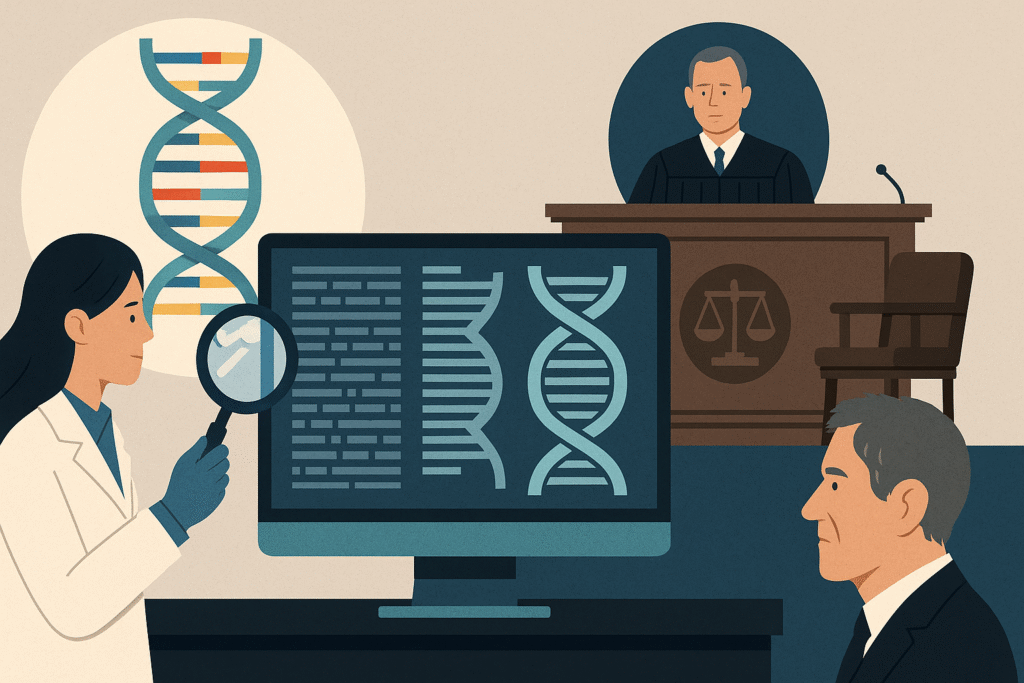In a groundbreaking legal development, a New York court has allowed the use of advanced DNA technology — whole genome sequencing — as evidence in the trial of a serial killer linked to a series of murders near Gilgo Beach. This ruling sets a rare precedent not only for the state but also at the national level.
A Landmark Decision
The court’s decision to admit whole genome sequencing as admissible evidence is the first of its kind in New York. Traditionally, DNA evidence in criminal cases relies on short tandem repeat (STR) analysis, which can match suspects to biological material with high accuracy. Whole genome sequencing, however, goes further, providing a comprehensive genetic profile that can detect more subtle distinctions, even in degraded or mixed samples.
Legal experts say the move demonstrates a growing willingness by courts to embrace cutting-edge scientific methods in the pursuit of justice. The decision is likely to influence future cases across the United States.
The Gilgo Beach Murders
The case centers on the infamous Gilgo Beach killings, a string of unsolved murders that have haunted Long Island for more than a decade. Multiple victims were discovered near Gilgo Beach, sparking one of the largest and most complex homicide investigations in New York history.
Prosecutors believe the use of whole genome sequencing provides a crucial breakthrough, linking genetic material recovered at crime scenes directly to the accused. This advanced method, they argue, offers a level of precision not possible with older DNA techniques.
National Implications
Forensic scientists and legal analysts say the Gilgo Beach trial could set a benchmark for how courts nationwide handle new forensic technologies. If upheld through appeals, the ruling may open the door for broader adoption of whole genome sequencing in homicide, sexual assault, and other complex criminal cases.
At the same time, the decision raises important questions about privacy, data use, and the ethical limits of genetic analysis in law enforcement. Civil liberties groups have already called for clear guidelines to ensure that advances in forensic science do not infringe on personal genetic privacy.
Looking Ahead
As the trial continues, all eyes remain on the courtroom, not only for its resolution of a tragic chapter in New York’s criminal history but also for its potential to reshape the future of forensic evidence in America.


